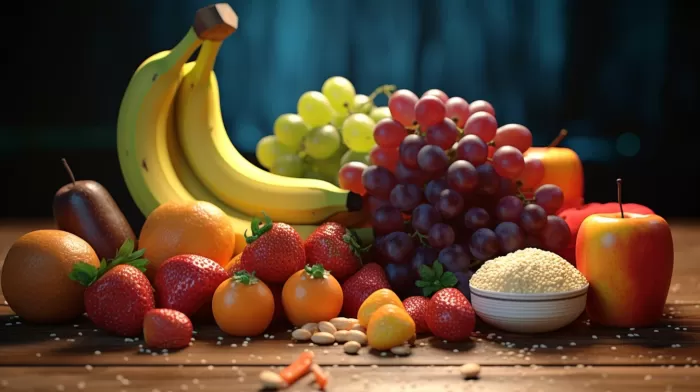When it comes to gut health, you might not realize the significant impact it has on your brain function. In fact, the 100 trillion microorganisms that inhabit your intestines don’t just affect your digestion; they also influence how you think. And if you don’t feed them foods they like, they can take it out on your brain.
The Gut-Brain Connection
Research shows that the bacteria in your digestive tract aren’t merely digestive allies. They produce compounds that circulate in the body and help your nerves transmit signals, boost the function of neurons in the brain, and improve your ability to keep memories intact.
And the sugary diet that supermarkets are committed to feeding you does not make these bacteria happy. So, in addition to harming your body, these foods are hitting you with a one-two punch to the gut and your brain.
How Sugar Affects Your Brain
A study at Oregon State shows that when you eat a diet high in sugar, the bacteria respond in ways that gum up your nerve networks, distort their communications, and hamper the ability of brain cells to retain information. Foods filled with the kinds of damaged fats found in fast food (heavily refined vegetable oils) also slow things down, but not quite as seriously as sugar.
The lab tests in Oregon show that sugar strongly interferes with what the researchers call “cognitive flexibility,” the ability to improvise and adjust your behavior to a shifting situation.
“The impairment of cognitive flexibility in this study was pretty strong,” says researcher Kathy Magnusson. “Think about driving home on a route that’s very familiar to you, something you’re used to doing. Then one day that road is closed, and you suddenly have to find a new way home.”
Eat for Your Gut
To keep the friendly bacteria in your gut happier and your brain sharper, you need to eat plenty of fibrous fruits and vegetables instead of processed foods. Eat real potatoes, not potato chips. Eat an apple instead of drinking apple juice. Eat fresh strawberries instead of a sugary cereal made with, supposedly, “real strawberries.”
The Power of Probiotics
Fermented foods like sauerkraut, pickles, kimchi, and tempeh contain probiotic bacteria that can improve your probiotic health too. Probiotics are living microorganisms that, when ingested, offer numerous health benefits. They’re usually bacteria, but they can also be other organisms such as yeasts.
According to Healthline, probiotics can not only help balance the friendly bacteria in your digestive system but also help with mental health conditions, reduce the severity of certain allergies and eczemas, and even improve heart health.
Treat Yourself to Dark Chocolate
If you’re a chocolate lover, you’re in luck: Your probiotic bacteria love dark chocolate (although not the sweet, milk chocolate variety). Just don’t overdo it.
According to Medical News Today, dark chocolate is a rich source of antioxidants, and it may even improve blood flow and lower blood pressure. Plus, the flavanols in dark chocolate can stimulate the lining of your arteries, producing nitric oxide, which helps to relax your arteries and reduce blood pressure.
In Conclusion
Taking care of your gut health doesn’t just impact your digestion, but it also significantly affects your overall well-being, particularly your brain function. Steering clear of excessive sugar consumption and incorporating gut-friendly foods will not only support a healthier, happier gut but also improve your brain function and overall health. Eat well, treat yourself (in moderation), and you’ll be on your way to a sharper mind and a healthier life.



